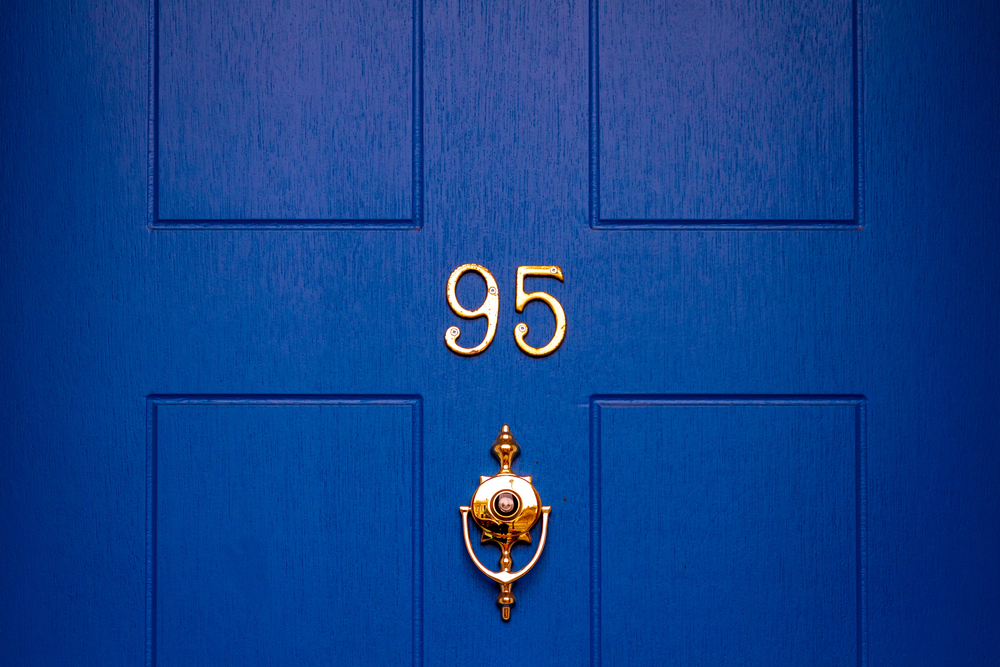
The move by the Chancellor to revert to lower stamp duty thresholds next spring will lead to a “jump” in transactions, says Nationwide and other property professionals.
Rachel Reeves’ Budget will end the temporary increase in nil rate stamp duty thresholds, in England and Northern Ireland, at the end of March, and move back to their previous levels.
The upgrade was first announced in the Liz Truss mini-Budget in September 2022, and is virtually the only major measure that survives from that fiscal event.
This means that for first-time buyers the nil rate band threshold will fall to £300,000 from £425,000. For other residential buyers, the nil rate band threshold falls to £125,000, from £250,000.
Nationwide chief economist Robert Gardner says: “The main impact of the stamp duty changes is likely to be on the timing of property transactions, as purchasers aim to ensure their house purchases complete before the tax change takes effect.
“This will lead to a jump in transactions in the first three months of 2025, especially in March, and a corresponding period of weakness in the following three to six months, as occurred in the wake of previous stamp duty changes.”
“However, the swings in activity are likely to be somewhat less pronounced, in this instance, given that the stamp duty reduction has been in place for some time and its planned expiry was well known.
Gardner adds: “Affordability is also still relatively stretched at present as a result of the higher interest rate environment, which is acting to dampen housing market activity more generally. Nevertheless, determining the underlying strength of the market will become more challenging until this period of volatility passes.”
Nationwide says changes to stamp duty thresholds will affect around one in five FTBs, “though the impact will vary significantly across the country, largely as a result of the difference in house prices across the UK”.
It adds that the South East is “likely” to be the hardest hit, as 40% of FTBs currently pay between £300,000 and £425,000 for their homes. The change will cost these buyers an extra £2,900 on average.
Quilter mortgage expert Karen Noye says that among FTBs, “with this deadline looming, we might see a rush of activity as prospective buyers try to complete purchases before the higher tax kicks in this could hike up prices”.
Yopa chief executive Verona Frankish adds: “The impending stamp duty relief deadline in March of next year will certainly light a fire under those buyers currently progressing through the transaction process, or considering a purchase this side of Christmas.
“However, while many will be keen to transact before stamp duty thresholds increase, it certainly won’t cause a cliff edge for the housing market come next year.
“Stamp duty has long been a thorn in the side of homebuyers but not one that is significant enough to deter them from their aspirations of homeownership.”



